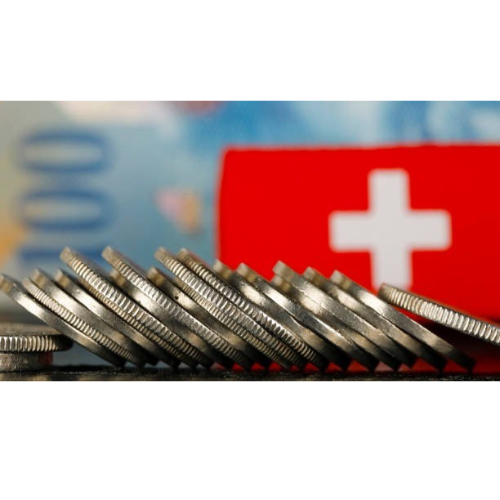Europe Braces for Key Economic Signals as Switzerland and Sweden Shift Course
Europe’s financial landscape is poised for a wave of critical economic updates that could shape monetary policy and investor sentiment heading into the final quarter of 2025. Central banks in Switzerland and Sweden are set to announce interest rate decisions, while fresh data on business confidence and consumer sentiment will offer insight into the health of the region’s economies. These developments come at a time of heightened global uncertainty, with inflation pressures, geopolitical tensions, and shifting trade dynamics all influencing central bank strategies.
Sweden Surprises Markets with Rate Cut
Sweden’s central bank, the Riksbank, made headlines this week by unexpectedly cutting its benchmark interest rate by 25 basis points to 1.75% during its September meeting. This move defied market expectations, which had largely anticipated a hold, and signals a shift toward supporting economic activity amid persistent inflation concerns.
Policymakers justified the decision by pointing to signs that elevated inflation may be transitory and that conditions for stronger growth remain intact. The Riksbank emphasized that if its inflation and growth outlook holds, the policy rate is likely to remain at 1.75% “for some time.” This dovish stance suggests that Sweden may be prioritizing economic momentum over aggressive inflation control, at least in the short term.
The rate cut also reflects broader concerns about financial stability. Riksbank officials have previously warned that prolonged low interest rates could encourage excessive risk-taking, potentially destabilizing the financial system. By adjusting rates cautiously, the central bank aims to strike a balance between stimulating growth and maintaining macroeconomic stability.
Switzerland Holds Steady Amid Global Volatility
In contrast to Sweden’s surprise move, the Swiss National Bank (SNB) is expected to maintain its current interest rate of 0.50%. The SNB’s cautious approach reflects its mandate to ensure price stability while supporting economic growth.
The SNB’s decision will be closely watched by investors and analysts, particularly in light of recent currency fluctuations and global rate cuts. Switzerland’s franc has remained strong against major currencies, which can dampen export competitiveness. However, the SNB has historically been reluctant to intervene aggressively unless inflation deviates significantly from its target.
The central bank’s communication will be key. Markets will look for signals about future rate paths, especially as other European and global central banks begin to ease monetary policy. Any hint of dovishness could influence bond yields, equity markets, and currency valuations across the region.
Business Confidence and Consumer Sentiment in Focus
Beyond interest rates, Europe will also receive fresh data on business confidence and consumer sentiment—two critical indicators of economic health.
In Sweden, the consumer confidence index for September held steady at 91.1, up slightly from 90.8 in August. This suggests that Swedish households remain cautiously optimistic about the economy, despite inflation and global uncertainty. The index is based on interviews with consumers about their perceptions of the current and future economic situation, as well as their spending intentions.
Stable consumer confidence is a positive sign for domestic demand, which is crucial for sustaining growth amid external headwinds. However, any deterioration in sentiment could signal trouble ahead, especially if inflation persists or geopolitical risks escalate.
Business confidence data is also expected from several European countries, including Germany, France, and Italy. These figures will provide insight into how companies view the economic environment, investment prospects, and hiring plans. A decline in business confidence could prompt policymakers to consider more accommodative measures, while strong readings may reinforce the case for policy normalization.

Implications for Markets and Policy
The combination of rate decisions and confidence data will have far-reaching implications for financial markets and economic policy across Europe.
- Currency markets: The Swedish krona may weaken further following the rate cut, while the Swiss franc could remain strong if the SNB holds steady. These dynamics will influence trade balances and inflation trajectories.
- Bond yields: Lower rates in Sweden could push bond yields down, making Swedish debt more attractive to investors seeking safety. In Switzerland, stable rates may keep yields low but steady.
- Equity markets: Dovish signals from central banks often boost stock prices by lowering borrowing costs and supporting corporate earnings. However, persistent inflation or weak confidence data could dampen investor enthusiasm.
- Policy outlook: Central banks across Europe are watching each other closely. Sweden’s rate cut may embolden other policymakers to ease, while Switzerland’s caution could serve as a counterbalance. The European Central Bank (ECB) will likely factor these developments into its own decisions.
